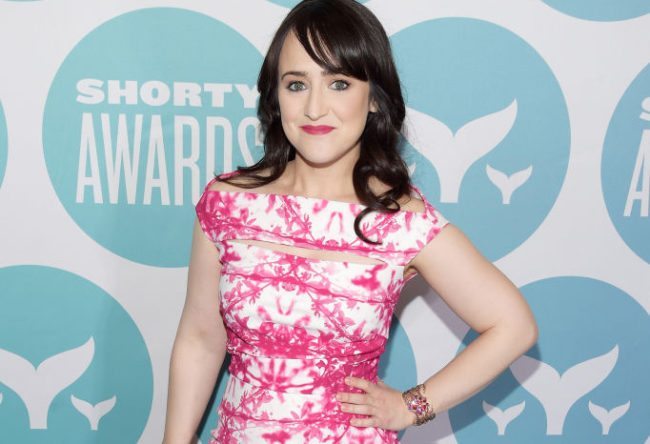Matilda star Mara Wilson wishes she hadn’t come out when she did

Matilda star Mara Wilson has spoken about her experience with coming out last year and revealed that she wishes she had done it at a different time.
Wilson came out as bisexual following the Pulse Nightclub shooting which left 49 people dead in one of the worst terror incidents in the US since 9/11.

Mara Wilson (Photo by Jason Kempin/Getty Images for Shorty Awards)
Speaking to Lambda Legal, Wilson explained that at the time she had hoped coming out would enable her to be a platform which would champion LGBTQ+ voices in light of a horrific attack against the community.
Related: Mara Wilson is fighting for more ‘boring’ bi representation
However, when reflecting on the decision Wilson explained that she hasn’t done it at that time.
She said: “I often wish that I hadn’t done it then because I got accused of taking advantage of a tragedy for personal attention.
“Now clearly I like attention, but I am not so callous as to make a tragedy about myself, my life and my story. That isn’t what I was going for.”
The star explained that she believes it’s important for people with privilege to come out.
“I think that if you’re in a place of security and privilege — which I can admit that I am — it’s important for you to [come out].
“I don’t see myself as anybody’s savior, but I’d rather it were me — who can afford therapy and afford this platform — getting harassed for being who I am than a young LGBTQ kid. I think it’s important.”
Related: Mara Wilson opens up about her sexuality
Wilson went on to address the biphobia she has faced since coming out.
“There’s definitely a stigma.
“One of the reasons I didn’t come out for a very long time was because I grew up hearing that bisexual girls were ‘crazy.’ I heard that all the time.
“I heard that bisexual girls were ‘crazy,’ they were greedy, they were selfish and they caused drama. They were the worst. They wanted attention.”

